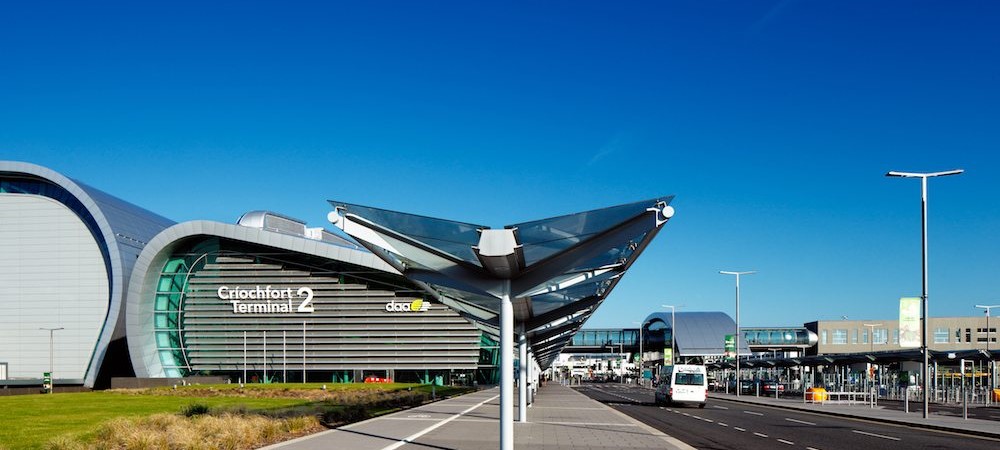


Ryanair criticized the draft proposal of €8.48 per passenger charge of Commission for Aviation Regulation (CAR), when Dublin Airport Authority (DAA) had placed a request to the CAR to raise the passenger charge to the maximum possible amount of €14.77 by 2026.
Dublin Airport Authority terms the existing "ultra-low" passenger charge as "unsustainable" if the airport wants to overhaul itself — in light of planned upgrades amid global developments.
However, Ryanair terms it as a bad day for Dublin Airlines and passengers, Ryanair’s CEO Eddie Wilson says,
"Today’s draft decision by CAR is a bad day for Dublin Airlines and passengers. The DAA is being rewarded by CAR for its mismanagement with price increases of between 20% to 40% over the next 4 years, at a time when other airports all over Europe are lowering charges to try to recover their pre-Covid traffic and tourism.
The DAA should not be rewarded for its management failures and miserable customer experience with price increases. This inflation busting price increase shows that CAR has been captured by the DAA monopoly, and is now rewarding the DAA for its mismanagement with unjustified price increases."
However, IATA chief Willie Walsh accepts the proposal of CAR and happy that the proposed DAA cap was not granted , he says ,
“We welcome the Irish Commission for Aviation Regulation (CAR) decision to push back on Dublin Airport’s proposed outrageous average 68% price increase. But even under the regulator’s revised proposal, the average price cap is still some 11% above 2022 levels."
"With strong demand for air travel now back, IATA is predicting traffic to and from Ireland to recover in 2023, well ahead of CAR’s prediction, which could allow for the charges increase to be cut further over the period to 2026."
€2.5 billion future expansion plan of Dublin Airport Authority has brought forward the proposal of price hike for passengers at Dublin Airport and the current passenger charge , capped at €8.50 , is not just sufficient.
CAR is proposing to amend the price caps for 2023 and 2024 and is proposing new price caps for 2025 and 2026 . An average base price cap of €8.52 per passenger is suggested for the period , starting at €8.68 in 2023 and with price caps of €8.60, €8.29 and €8.48 in 2024, 2025 and 2026 respectively.
According to Dublin Airport, the passenger charge refers to the passenger processing service or a kind of user development fee. This fee is collected from the passengers via the airline ticket price or by freight customers with a similar fee.
Dublin Airport has not been untouched of Current European Travel Chaos across the major Hubs , it had also made some arrangements, while accepting the pressure recovering from the Pandemic.
These figures are in proposal and a final decision will be made later this year following consultation with concerned stakeholders.
As per the estimation of the the CAR , the proposed price cap will allow Dublin Airport collect €1.2bn from Airport Charges over the next 4 years , and it can also collect a further €1.15bn from commercial revenues.
It's worth noting , CAR is overall authority for setting airport charges in the best interest of airport users, both airlines and travellers, keeping an eye on developing conditions locally and globally.
IATA boss Willie Walsh has also asked the Dublin Airport to enhance it's capacity infrastructure and cope up to the travel demand ,
There is also no excuse for a repeat of the delays seen at Dublin airport this summer. It is now critical that Dublin Airport accelerate delivery of urgent Pier and stand capacity infrastructure within its Capital Investment Programme."
"If the airport is unable to service demand because it has not prepared properly, the CAR must ensure the airport is not rewarded for its failures. We will provide more information to the CAR on these and other matters ahead of the final determination.”
Talking about the United Kingdom , the UK Civil Aviation Authority (UK-CAA) had earlier said that the Heathrow Airport (LHR) average fee per passenger of £30.19 will be required to be reduced to £26.31 by 2026.
